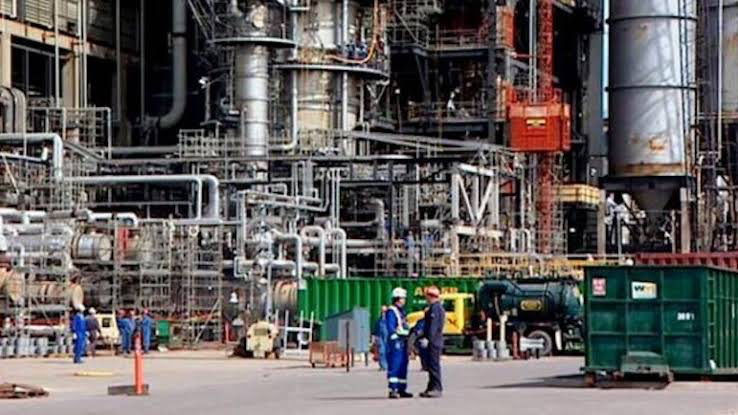The Franco-Nigerian Chamber of Commerce and Industry (FNCCI) has called on the Nigerian government to address ongoing issues in the oil sector, including oil theft and production challenges, to help meet the country’s energy needs at a more sustainable cost. One key suggestion from the FNCCI is for Nigeria to supply local crude oil directly to the Port Harcourt and Dangote refineries. This move, they argue, would help control costs by eliminating the impact of fluctuating exchange rates on fuel prices.
The FNCCI’s statement came after the Nigerian Bureau of Statistics (NBS) released its latest Gross Domestic Product (GDP) report for the second quarter of 2024. The report highlighted a growth in Nigeria’s economy by 3.19% compared to the same period in 2023. However, the FNCCI pointed out several concerns regarding different sectors of the economy.
The FNCCI noted a decline in the agricultural sector’s contribution to the GDP, which dropped to 18.54% in Q2 2024 from 21.7% in Q2 2023. They believe this decrease may be due to security issues in the northern part of the country and the negative effects of climate change on crop yields.
Similarly, the manufacturing sector showed a slowdown, with a nominal GDP growth of only 1.91% in Q2 2024. This figure was significantly lower than in the same quarter of 2023. The FNCCI attributed this decline to rising energy costs, both from the national grid and alternative sources, as well as the high exchange rates affecting the cost of importing raw materials. They emphasized the importance of supporting the manufacturing sector, as it is crucial for Nigeria’s economic development.
Nigeria’s oil production also faced challenges, with a decline in output from 1.57 million barrels per day (mbpd) in Q1 2024 to 1.41 mbpd in Q2 2024. The FNCCI stressed that issues like oil theft need to be urgently addressed to ensure a stable and sustainable energy supply for the country. They suggested that supplying local crude oil to domestic refineries, such as those in Port Harcourt and the Dangote refinery, could help reduce costs associated with currency exchange rates.
The latest GDP figures show that the oil sector contributed 5.70% to Nigeria’s real GDP in Q2 2024, which is a slight increase from the 5.34% recorded in Q2 2023. However, this is a decrease from the 6.38% contribution in Q1 2024. Despite these fluctuations, the oil sector experienced a year-on-year growth of 10.15% in Q2 2024.
The non-oil sector, which includes areas like finance, telecommunications, agriculture, trade, and manufacturing, grew by 2.80% in Q2 2024. This growth rate is slightly lower than the 3.58% recorded in the same period in 2023. The non-oil sector made up 94.30% of the nation’s GDP in Q2 2024, a slight decrease from its 94.66% share in Q2 2023.
Overall, the FNCCI’s recommendations and the recent GDP report highlight the need for strategic actions to boost both the oil and non-oil sectors in Nigeria. By addressing these key issues, the country can work towards a more stable and prosperous economic future
Source: The Guardian



